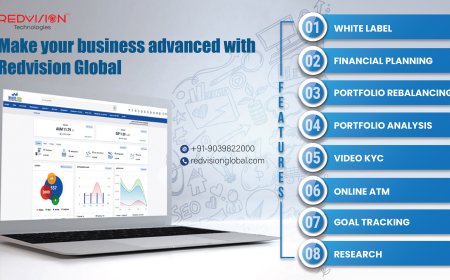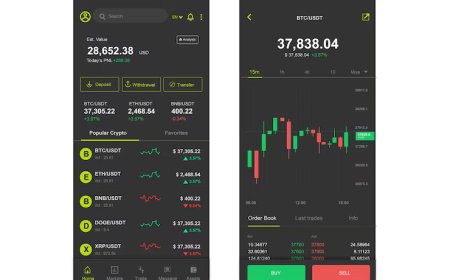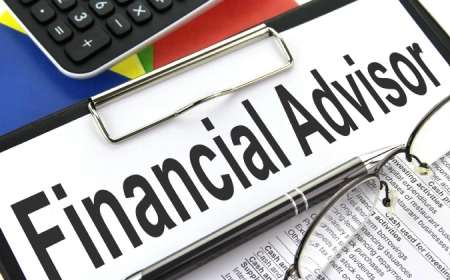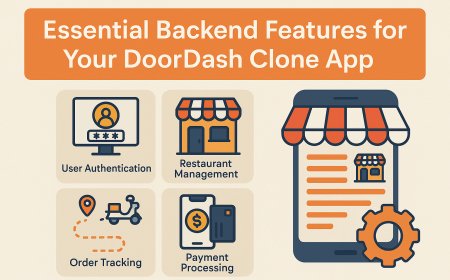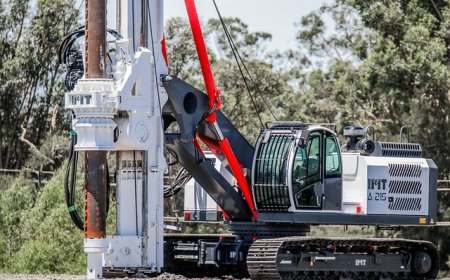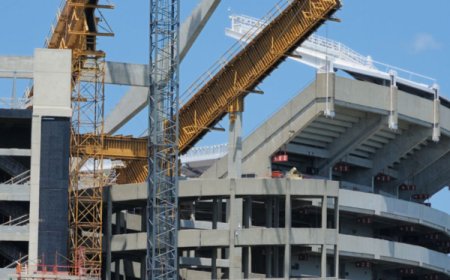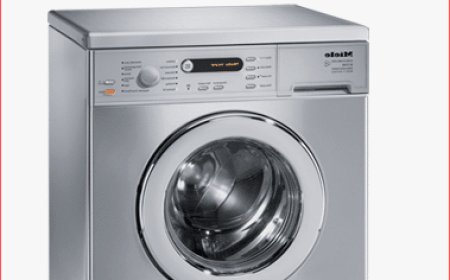Understanding Business Lease: A Comprehensive Guide for Entrepreneurs
Explore the essentials of a Business Lease, including types, benefits, and key considerations for entrepreneurs. Learn how to secure the perfect commercial space for your business with this in-depth guide.

A Business Lease is a contractual agreement between a landlord and a business owner, allowing the latter to rent a commercial property for business operations. This type of lease is a cornerstone for entrepreneurs looking to establish a physical presence, whether for an office, retail store, or warehouse. Unlike residential leases, business leases come with unique terms, responsibilities, and considerations tailored to commercial use.
What is a Business Lease?
A business lease, also known as a commercial lease, is a legally binding contract that outlines the terms under which a business can occupy a property owned by a landlord. These agreements typically cover aspects like rent, lease duration, maintenance responsibilities, and permitted uses of the property. Business leases are designed to accommodate the specific needs of commercial tenants, which differ significantly from residential tenants. For instance, a business may require modifications to the property, such as installing signage or renovating the interior, which must be addressed in the lease terms.
Business leases are critical for entrepreneurs because they provide a stable location for operations, customer interactions, and growth. Whether youre launching a startup or expanding an established company, understanding the nuances of a business lease can save you time, money, and potential legal headaches.
Types of Business Leases
Business leases come in various forms, each suited to different business needs and financial situations. Here are the most common types:
1. Gross Lease (Full-Service Lease)
In a gross lease, the tenant pays a fixed rent, and the landlord covers most operating expenses, such as property taxes, insurance, and maintenance. This type is ideal for small businesses that want predictable costs without unexpected expenses.
2. Net Lease
A net lease requires the tenant to pay rent plus additional costs like taxes, insurance. There are variations, including single net (tenant pays taxes), double net (tenant pays taxes and insurance), and triple net (tenant pays taxes, insurance, and maintenance). Net leases are common in retail and industrial properties.
3. Modified Gross Lease
This hybrid combines elements of gross and net leases. The tenant pays a base rent and a portion of operating expenses, with specific responsibilities outlined in the agreement. It offers flexibility for both parties.
4. Percentage Lease
Common in retail businesses, a percentage lease involves paying a base and a percentage of the businesss gross sales. This is often used in shopping centers where landlords benefit from the tenants success.
Each type has pros and cons, so choosing one depends on your business model, budget, and long-term goals. Consulting with a professional from a trusted platform like Smart Lease can help you select the best option.
Benefits of a Business Lease
Securing a business lease offers several advantages for entrepreneurs:
-
Cost-Effective: Leasing is often more affordable than purchasing commercial property, freeing up capital for other business needs.
-
Flexibility: Leases allow businesses to relocate or renegotiate terms at the end, of the lease term, which is ideal for growing or seasonal businesses.
-
Prime Locations: Leasing enables access to to high-traffic areas without the financial burden of ownership, boosting visibility and customer reach.
-
Tax Deductions: Lease payments are often be deducted as a business expense, reducing taxable income.
-
Key Considerations Before Signing a Business Lease
Before committing to a business lease, consider these critical factors to protect your interests:
1. Lease Term
The lease duration can range from one to ten years or more. Short-term leases offer flexibility but may have higher rent, while longer-term leases provide stability at potentially lower rates. Align the term with your business plan.
2. Rent Structure
Understand how rent is calculatedwhether its fixed, stepped (increases over time), or tied to sales. Clarify what expenses (e.g., utilities, repairs) youre responsible for.
3. Permitted Use
The lease should specify what activities are allowed on the property. Ensure it aligns with your business operations to avoid legal issues.
4. Maintenance and Repairs
Clarify who handles maintenance, repairs, and improvements. In a triple-net lease, for example, tenants bear most of these costs.
5. Subleasing and Assignment
Check if you can sublease the space or transfer the lease to another party. This provides flexibility if your business needs change.
6. Termination Clauses
Review conditions under which either party can terminate the lease. Look for clauses addressing early termination, default, or landlord bankruptcy.
7. Renovation and Customization
If your business requires specific modifications, negotiate who pays for them and whether they must be removed at the end of the lease.
Negotiating a Business Lease
Negotiating a business lease can significantly impact your bottom line. Here are tips to get favorable terms:
-
Research Market Rates: Compare rental prices in the area to ensure youre getting a fair deal.
-
Hire a Professional: A commercial real estate agent or attorney can identify pitfalls and negotiate on your behalf.
-
Request Concessions: Ask for rent-free periods, tenant improvement allowances, or caps on expense increases.
-
Read the Fine Print: Scrutinize every clause, especially those related to hidden costs or restrictive terms.
Common Mistakes to Avoid
Entrepreneurs often make these mistakes when signing a business lease:
-
Not Reading the Lease Thoroughly: Overlooking details can lead to unexpected costs or restrictions.
-
Ignoring Future Growth: A space thats perfect now may be too small in a few years.
-
Skipping Legal Review: Always have a lawyer review the lease to catch unfavorable terms.
-
Underestimating Costs: Factor in all expenses, including utilities, maintenance, and taxes.
How to Find the Right Business Lease
Finding the perfect commercial space requires strategy:
-
Define Your Needs: Consider location, size, layout, and accessibility for customers and employees.
-
Work with Experts: Platforms like Smart Lease connect you with professionals who understand local markets.
-
Visit Multiple Properties: Compare options to find the best fit for your budget and goals.
-
Check Zoning Regulations: Ensure the property is zoned for your business type.
Conclusion
A business lease is a pivotal decision that shapes your companys operations and financial health. By understanding the types, benefits, and key considerations, you can secure a lease that supports your entrepreneurial vision. Take time to research, negotiate, and seek professional guidance to avoid costly mistakes. With the right approach, your business lease can be a stepping stone to success, providing a stable and strategic base for growth.













